Life
Sign up for our newsletter
We summarize the week's scientific breakthroughs every Thursday.
-
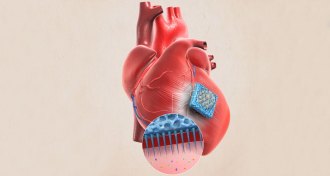 Health & Medicine
Health & MedicineA patch studded with tiny needles may help heart attack survivors recover
A bandage that sticks to the surface of the heart exudes proteins and other molecules that help muscle cells grow.
-
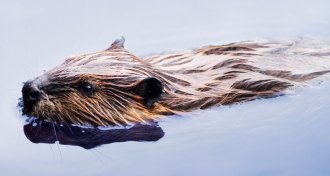 Ecosystems
EcosystemsBeavers are engineering a new Alaskan tundra
Climate change has enabled the recent expansion of beavers into northwestern Alaska, a trend that could have major ecological consequences for the region in the coming decades.
By Sid Perkins -
 Genetics
GeneticsChinese scientists raise ethical questions with first gene-edited babies
Scientists say gene editing of human embryos isn’t yet safe, and creating babies was unethical.
-
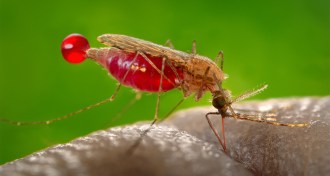 Animals
AnimalsMosquitoes may surf winds above Africa more than we realized
More than 40 meters up, balloon traps in Mali caught females of malaria-spreading mosquito species.
By Susan Milius -
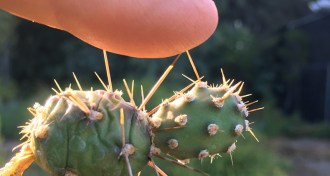 Plants
PlantsCactus spine shapes determine how they stab victims
The shapes of cactus spines influence how they poke passersby.
-
 Animals
AnimalsHow locust ecology inspired an opera
When an entomologist decides to write a libretto, you get an operatic elegy to locusts.
By Susan Milius -
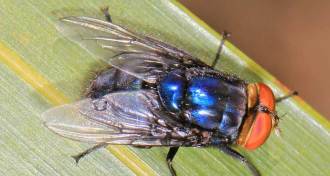 Agriculture
Agriculture50 years ago, screwworm flies inspired a new approach to insect control
The United States has wiped out screwworm flies repeatedly since 1966 using the sterile male eradication technique.
By Kyle Plantz -
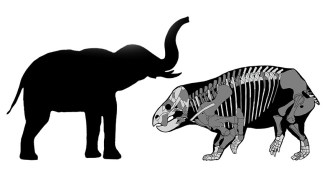 Paleontology
PaleontologyThis huge plant eater thrived in the age of dinosaurs — but wasn’t one of them
A newly named plant-eater from the Late Triassic was surprisingly hefty.
-
 Neuroscience
NeuroscienceBrain implants let paralyzed people use tablets to send texts and stream music
People with paralysis could control commercially available tablets with their brain activity, researchers show.
-
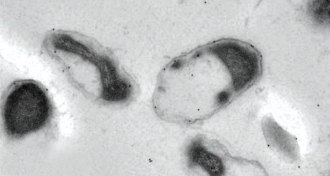 Life
LifeGut bacteria may guard against diabetes that comes with aging
A friendly microbe in the gut may be the key to staving off insulin resistance, a study in mice finds.
-
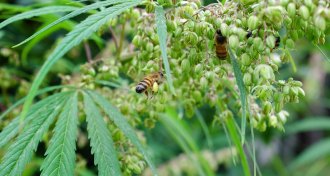 Animals
AnimalsHemp fields offer a late-season pollen source for stressed bees
Colorado’s legal fields of low-THC cannabis can attract a lot of bees.
By Susan Milius -
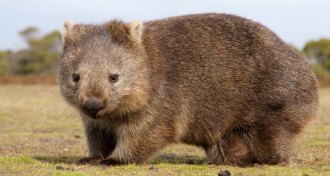 Animals
AnimalsWombats are the only animals whose poop is a cube. Here’s how they do it.
The elasticity of wombats’ intestines helps the creatures shape their distinctive poops.